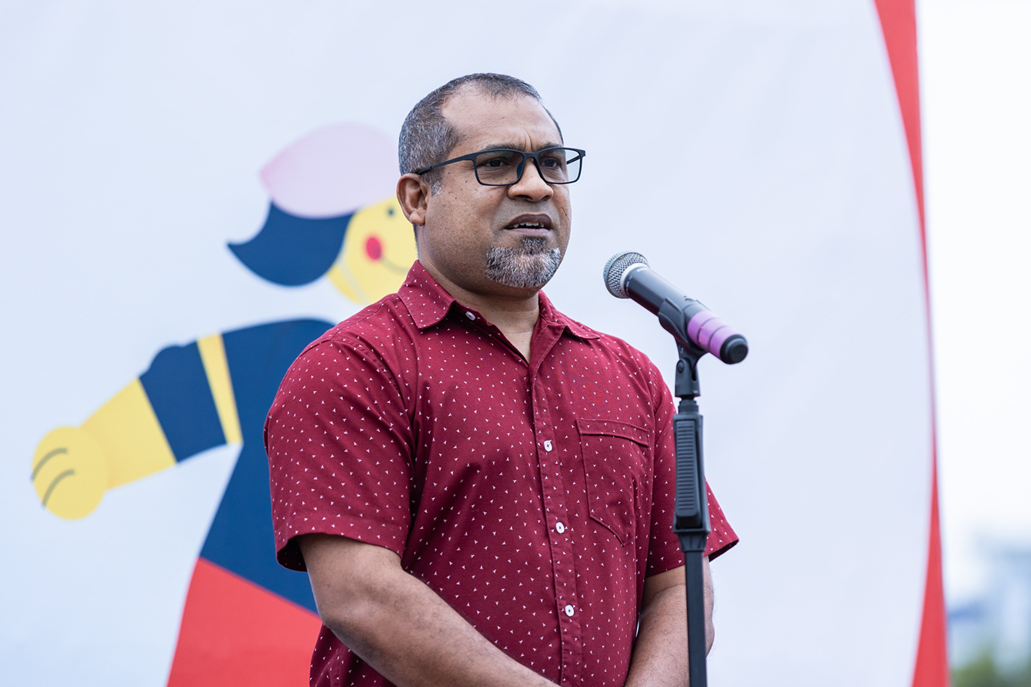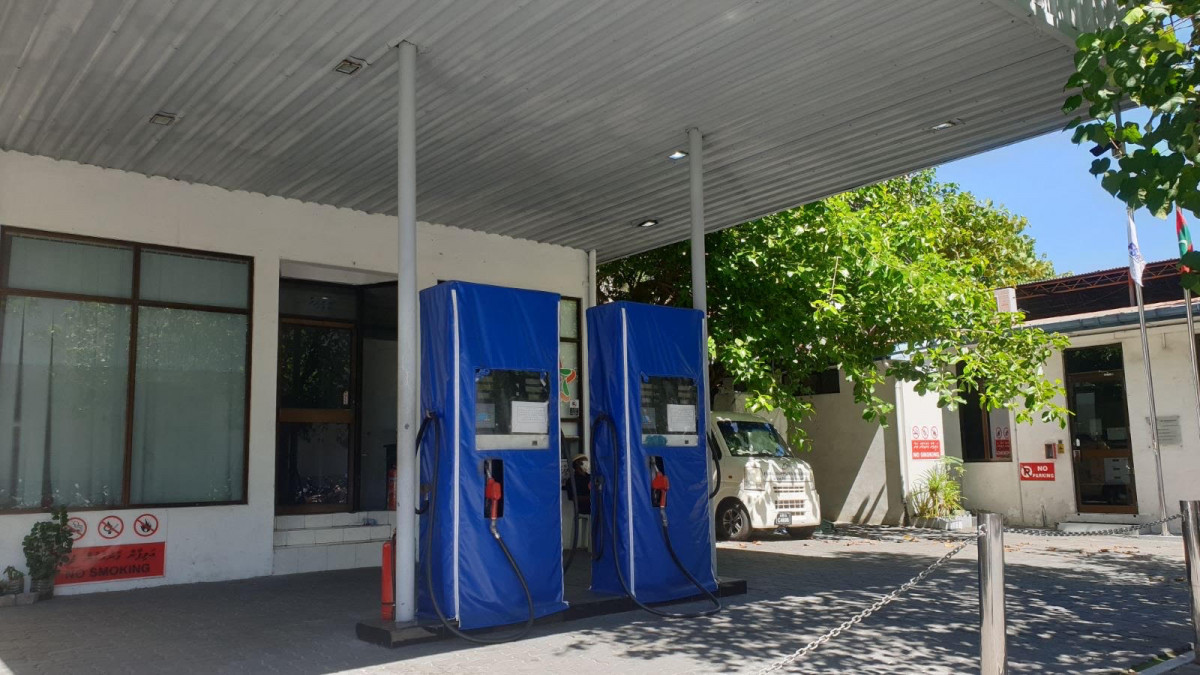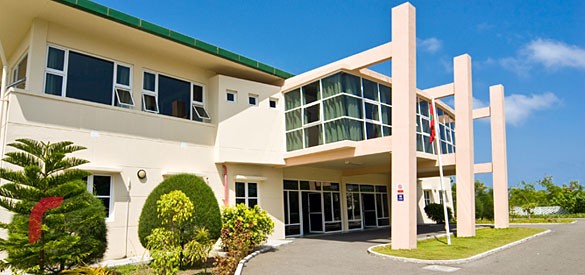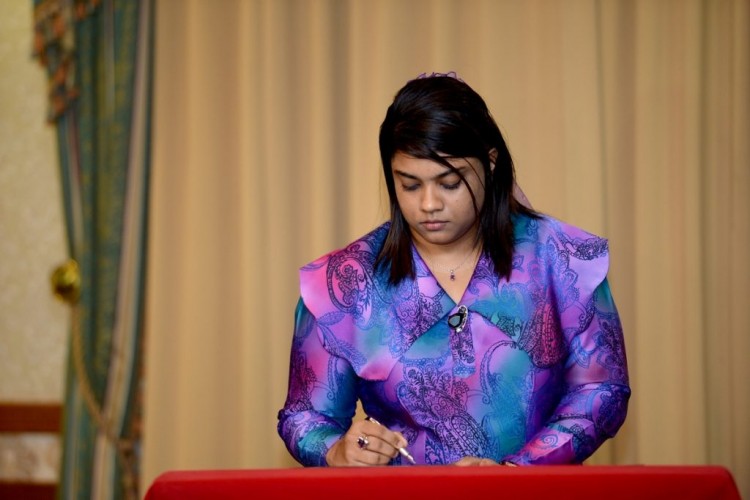Active Covid-19 cases across Maldives drop to 1,613
74 out of the 107 new cases were confirmed from atolls

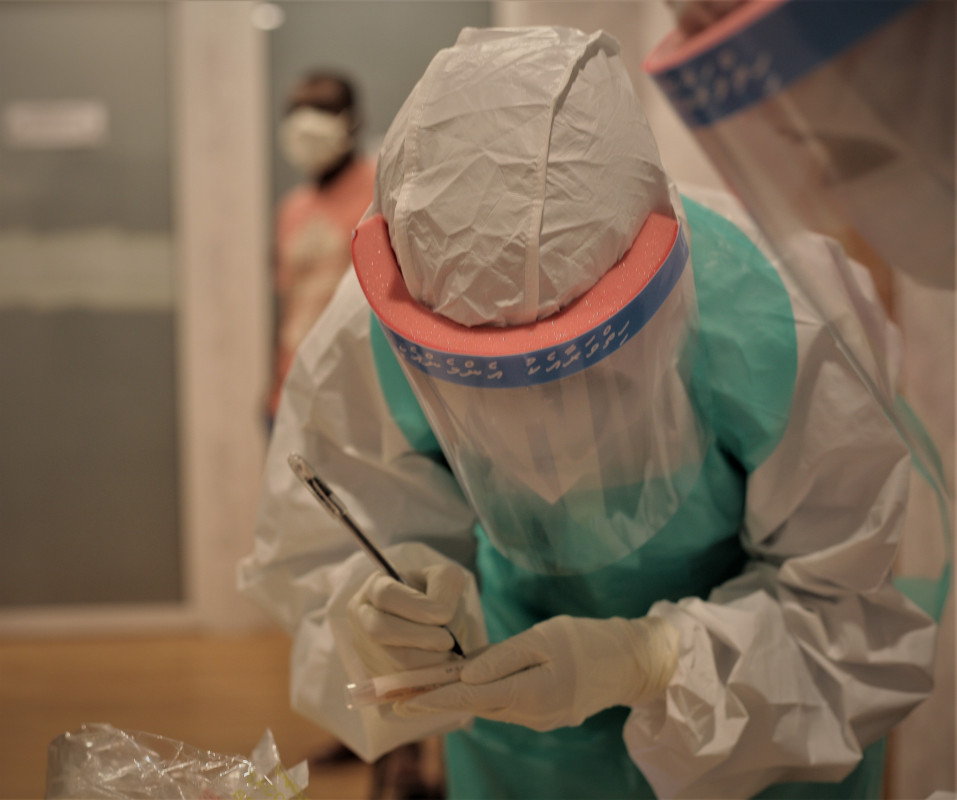
Healthcare workers collecting samples for Covid-19 testing
Active Covid-19 cases across Maldives have dropped further to 1,613.
According to the latest figures publicized by the Health Protection Agency (HPA), Maldives confirmed 107 new Covid-19 cases and 227 additional recoveries on Tuesday.
The new cases included 24 from the Maldives congested capital, Greater Malé Region, 74 from islands outside of the capital and nine from operational resorts
Between 6pm Monday and 6pm Tuesday, the public health authority tested 3,561 samples for the virus.
Tuesday’s coronavirus cases have pushed the Maldives Covid-19 case tally to 91,650.
The total number of persons who have recovered from the infection so far in the Maldives has been pushed to 89,774, with the additional recoveries reported.
With the release of one patient, hospital admissions dropped to 11 in the reporting period.
Although the country had observed increasing infections from atolls in recent days, cases have been declining from atolls in recent days. As such, this is the fourth consecutive day cases have been reported lower than 100, from atolls.
Maldives reported its first Covid-19 fatality in April 2020 and since then, the death toll has risen to 250. Seven Covid-19 fatalities have been reported in November.
The country has been free from further restrictions for nearly four months however, the authorities continue to remind the public to be vigilant as the country heads down the road to full recovery from the impacts of Covid-19. As such HPA continues to practice caution as the pandemic is far from being controlled, despite declining numbers in recent months.
Although life is far from reaching normal yet, the government's resilience to vaccinate the entire nation has revived hopes of eases from further burden, in the new normal.
Recently, the government imposed a ban on travel from seven countries in Africa, triggered by the threats of a newly surfaced, more transmissible variant of Covid-19. Travelers have been banned from South Africa, Namibia, Mozambique, Lesotho, Botswana, Zimbabwe and Eswatini, including those who visited these countries 14 days before arriving into the Maldives, as well as those who transited in these countries for more than 12 hours.
Further, the announcement reads that those who have travelled to the Maldives after spending more than 14 days in these countries and over 12 hours in transit, must observe a quarantine period of 14 days.
These new measures have been implemented at a time President Ibrahim Mohamed Solih has also revealed that there have been surging concerns regarding the more transmissible ‘Omicron’ SARS-CoV-2 variant.
Since then, Spokesperson of the Health Emergency Operations Center (HEOC), Dr. Nazla Rafeeq has revealed that the discovery of the new Covid-19 variant in the Maldives is inevitable, however, efforts may be carried out to slow the spread of the infection.
The new variant, dubbed a “variant of concern” by the World Health Organization (WHO) was initially named B.1.1529
Research indicates that those who have recovered from the virus are at a high risk of contracting the virus again. The new variant is deemed to highly impact the transmission of the pandemic.
The geographical advantage of being comprised of a scatter of islands initially enabled Maldives to keep tabs on the spread of coronavirus when the first few cases surfaced. Things spiraled out of control after a community transmission was detected in the congested capital on 15 April 2020 to which authorities responded by imposing an immediate lockdown.
Months later, authorities began easing the lockdown in phases, with cases going on a downward spiral. Things seemed to be in control until the new year rolled around and cases began spiraling once more. Since April 2020, authorities have been repeating a cycle of curfews, lockdowns, partial lockdowns and other restrictive measures in their successful efforts to curb the spread of the virus.
The country has been in a state of public health emergency for over a year, since 12 March 2020. It has been extended a 20th time to expire on November 30.
